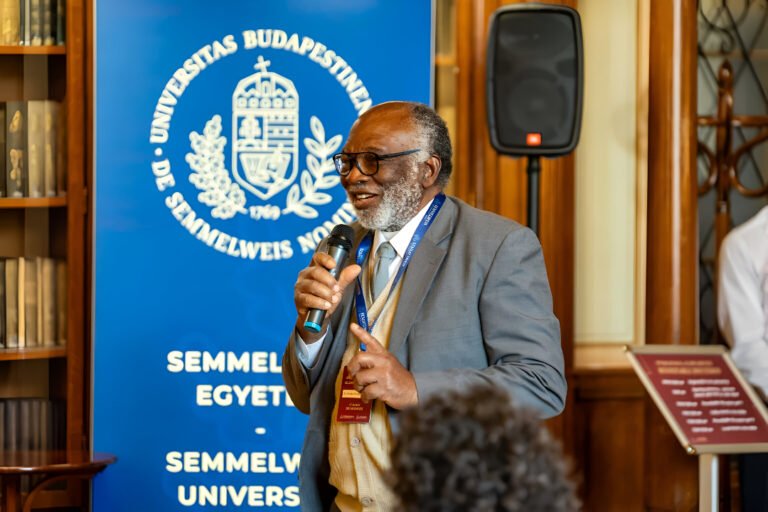
Published: August 9, 2025
A new doctoral dissertation from the University of Borås offers a historical perspective on the role of reading as a tool for civic education, focusing on the Swedish National Association for Moral Culture, active in the early 20th century. Researcher Kristin Johansson, who earned her PhD in Library and Information Science on June 19, examined how the organisation sought to shape “good citizens” by discouraging certain reading habits while promoting others, in line with its conservative and nationalist values.
The association emerged during a period of intense literary and socio-political debate, using reading as a means to counter modern ideas it deemed dangerous. Johansson’s study reveals that while the group positioned itself as a moral authority, its resistance to modern organisational methods and nostalgia for the 19th century limited its influence in the rapidly changing 20th century.
One of the key findings was the group’s instrumental view of reading—seeing unsuitable literature as a source of moral decline, while giving little attention to positive reading practices. Johansson also noted the association’s surprising lack of interest in the growing public library movement, choosing instead to criticise commercial literary actors to reinforce its moral stance.
Her research combines governance analysis with reading history, highlighting early 20th-century beliefs about reading’s power to shape individuals and society. Johansson draws parallels to today’s debates on reading habits and literacy, noting that while the values have changed, the idea of reading as a foundation for citizenship endures.
Johansson plans to continue her work as a teacher and researcher in Library and Information Science at the University of Borås, with future studies into the association’s leadership and broader historical reading practices.
Source: University of Borås






